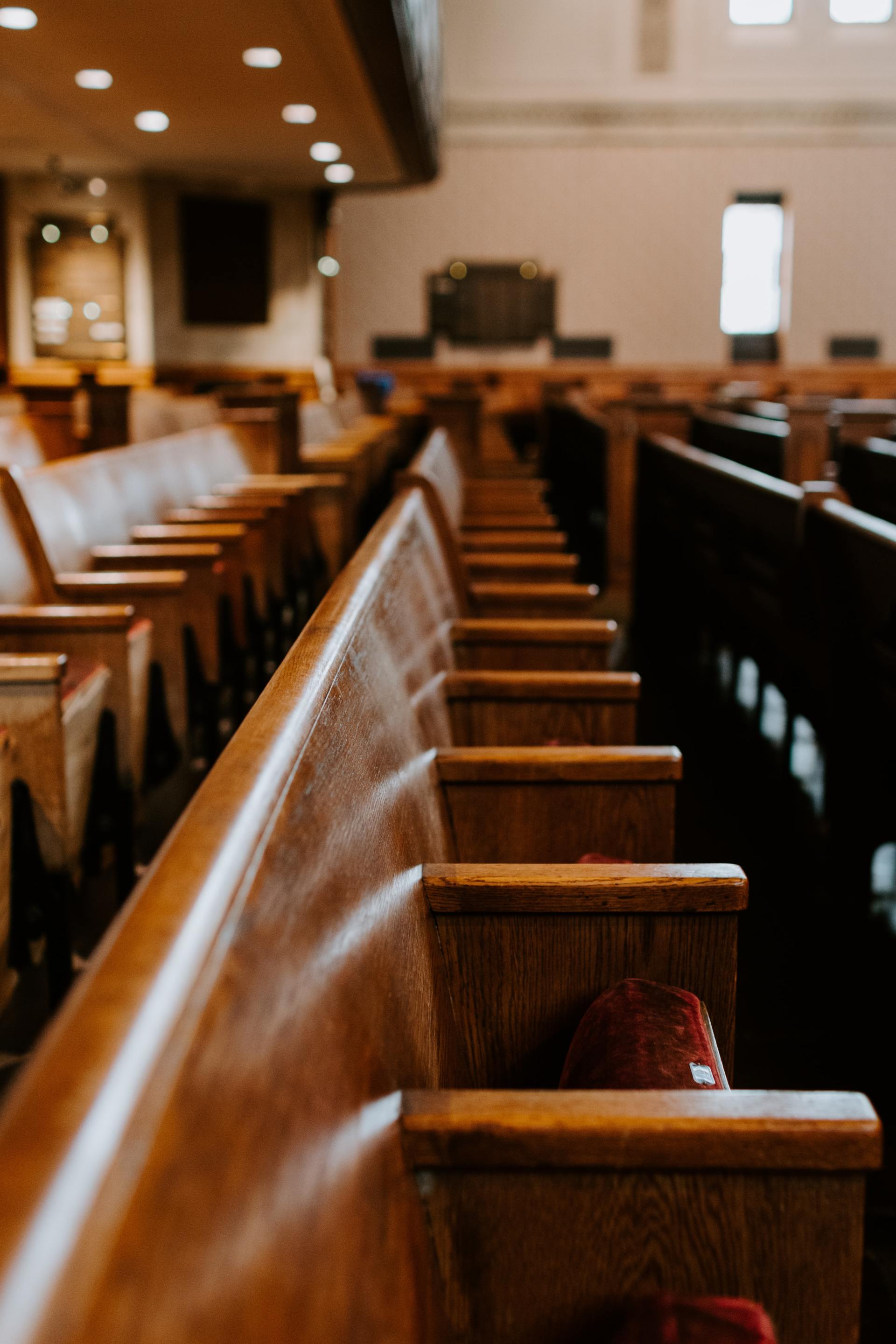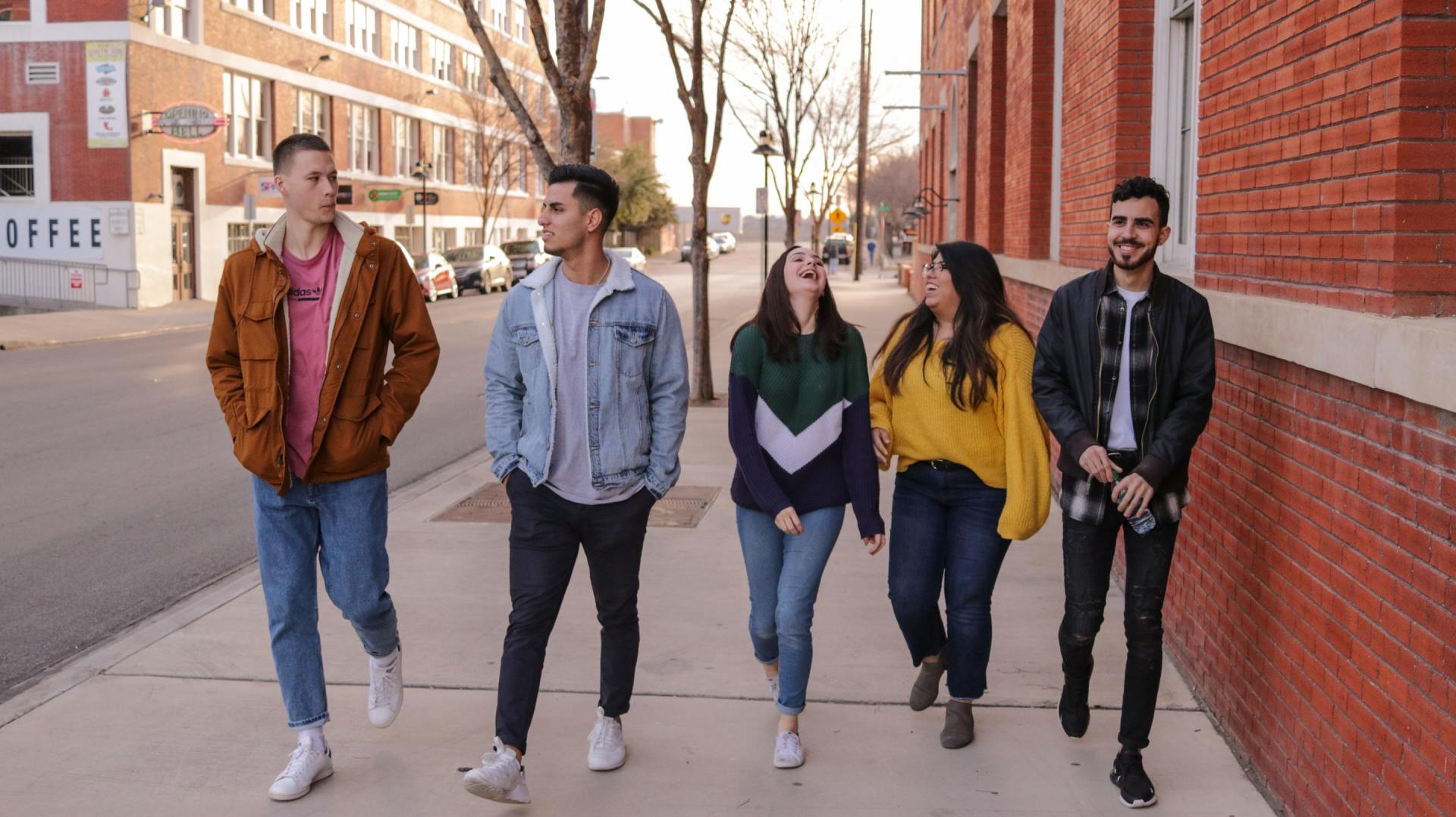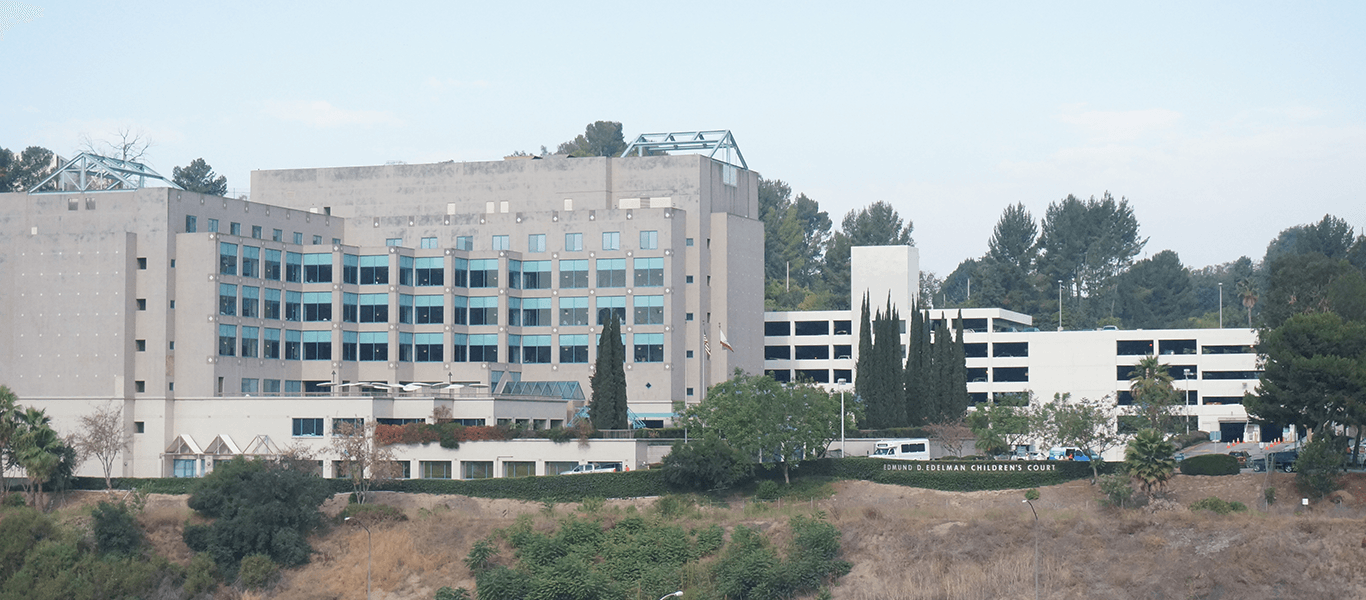Child Abuse Hotline, DCFS Hotline
If you are a parent or guardian and someone has accused you of child abuse or neglect they may have reported you to DCFS. If that happens we highly recommend you Contact a Family Law or DCFS Attorney immediately. The allegations could lead to the children being taken from your home, and even criminal charges depending on the complaint and the findings. The key is understanding the charges, and working with an attorney to determine the best course of action. You do not need to work with or hire an attorney though we recommend it based on our experience working on hundreds of DCFS cases.
The child abuse hotline is a service run by DCFS (Department of Children and Family Services) in Los Angeles. It’s a phone number anyone can call 24 hours a day, 7 days a week, to report child abuse or child neglect. Once that number is called it could start a process leading to an investigation into the allegations, and possibly the child or children being removed from their home. If the call is life threatening it could get turned over to the DCFS Emergency Response Command Post.
Typically a mandated reporter (could be a doctor, nurse, teacher, counselor) will instead fill out an online form. You may be asking who is a mandated reporter and could that be you. Below is the full list based on the DCFS web-site as of January 2015.
The information below is taken from the DCFS web-site as of January 2015. For the most up-to-date information please go to their site directly.
Los Angeles County- Report Child Abuse
To report child abuse in Los Angeles County, California, contact the Child Protection Hotline 24 hours a day, 7 days a week:
- Toll-free within California, phone (800) 540-4000
- If calling from outside of California, phone (213) 639-4500
- TDD [Hearing Impaired] (800) 272-6699
The purpose and mission of the Child Protection Hotline (CPH) is:
- To act as the central point of entry for calls to DCFS regarding the possible abuse and/or neglect of children.
- To receive calls of abuse and neglect involving children and assess the level of endangerment.
- To obtain factual information regarding a specific incident and generate a referral for investigation, if appropriate.
- To document and transmit all referrals of child endangerment to the appropriate office, timely.
- To ensure child safety and protection.
Here we provide information about who is a mandated reporter.
MANDATED REPORTER
11165.7. (a) As used in this article, “mandated reporter” is
defined as any of the following:
(1) A teacher.
(2) An instructional aide.
(3) A teacher’s aide or teacher’s assistant employed by any public
or private school.
(4) A classified employee of any public school.
(5) An administrative officer or supervisor of child welfare and
attendance, or a certificated pupil personnel employee of any public
or private school.
(6) An administrator of a public or private day camp.
(7) An administrator or employee of a public or private youth
center, youth recreation program, or youth organization.
(8) An administrator or employee of a public or private
organization whose duties require direct contact and supervision of
children.
(9) Any employee of a county office of education or the California
Department of Education, whose duties bring the employee into
contact with children on a regular basis.
(10) A licensee, an administrator, or an employee of a licensed
community care or child day care facility.
(11) A Head Start program teacher.
(12) A licensing worker or licensing evaluator employed by a
licensing agency as defined in Section 11165.11.
(13) A public assistance worker.
(14) An employee of a child care institution, including, but not
limited to, foster parents, group home personnel, and personnel of
residential care facilities.
(15) A social worker, probation officer, or parole officer.
(16) An employee of a school district police or security
department.
(17) Any person who is an administrator or presenter of, or a
counselor in, a child abuse prevention program in any public or
private school.
(18) A district attorney investigator, inspector, or local child
support agency caseworker unless the investigator, inspector, or
caseworker is working with an attorney appointed pursuant to Section
317 of the Welfare and Institutions Code to represent a minor.
(19) A peace officer, as defined in Chapter 4.5 (commencing with
Section 830) of Title 3 of Part 2, who is not otherwise described in
this section.
(20) A firefighter, except for volunteer firefighters.
(21) A physician, surgeon, psychiatrist, psychologist, dentist,
resident, intern, podiatrist, chiropractor, licensed nurse, dental
hygienist, optometrist, marriage, family and child counselor,
clinical social worker, or any other person who is currently licensed
under Division 2 (commencing with Section 500) of the Business and
Professions Code.
(22) Any emergency medical technician I or II, paramedic, or other
person certified pursuant to Division 2.5 (commencing with Section
1797) of the Health and Safety Code.
(23) A psychological assistant registered pursuant to Section 2913
of the Business and Professions Code.
(24) A marriage, family, and child therapist trainee, as defined
in subdivision (c) of Section 4980.03 of the Business and Professions
Code.
(25) An unlicensed marriage, family, and child therapist intern
registered under Section 4980.44 of the Business and Professions
Code.
(26) A state or county public health employee who treats a minor
for venereal disease or any other condition.
(27) A coroner.
(28) A medical examiner, or any other person who performs
autopsies.
(29) A commercial film and photographic print processor, as
specified in subdivision (d) of Section 11166. As used in this
article, “commercial film and photographic print processor” means any
person who develops exposed photographic film into negatives,
slides, or prints, or who makes prints from negatives or slides, for
compensation. The term includes any employee of such a person; it
does not include a person who develops film or makes prints for a
public agency.
(30) A child visitation monitor. As used in this article, “child
visitation monitor” means any person who, for financial compensation,
acts as monitor of a visit between a child and any other person when
the monitoring of that visit has been ordered by a court of law.
(31) An animal control officer or humane society officer. For the
purposes of this article, the following terms have the following
meanings:
(A) “Animal control officer” means any person employed by a city,
county, or city and county for the purpose of enforcing animal
control laws or regulations.
(B) “Humane society officer” means any person appointed or
employed by a public or private entity as a humane officer who is
qualified pursuant to Section 14502 or 14503 of the Corporations
Code.
(32) A clergy member, as specified in subdivision (c) of Section
11166. As used in this article, “clergy member” means a priest,
minister, rabbi, religious practitioner, or similar functionary of a
church, temple, or recognized denomination or organization.
(33) Any custodian of records of a clergy member, as specified in
this section and subdivision (c) of Section 11166.
(34) Any employee of any police department, county sheriff’s
department, county probation department, or county welfare
department.
(35) An employee or volunteer of a Court Appointed Special
Advocate program, as defined in Rule 1424 of the California Rules of
Court.
(36) A custodial officer as defined in Section 831.5.
(37) Any person providing services to a minor child under Section
12300 or 12300.1 of the Welfare and Institutions Code.
(b) Except as provided in paragraph (35) of subdivision (a),
volunteers of public or private organizations whose duties require
direct contact with and supervision of children are not mandated
reporters but are encouraged to obtain training in the identification
and reporting of child abuse and neglect and are further encouraged
to report known or suspected instances of child abuse or neglect to
an agency specified in Section 11165.9.
(c) Employers are strongly encouraged to provide their employees
who are mandated reporters with training in the duties imposed by
this article. This training shall include training in child abuse
and neglect identification and training in child abuse and neglect
reporting. Whether or not employers provide their employees with
training in child abuse and neglect identification and reporting, the
employers shall provide their employees who are mandated reporters
with the statement required pursuant to subdivision (a) of Section
11166.5.
(d) School districts that do not train their employees specified
in subdivision (a) in the duties of mandated reporters under the
child abuse reporting laws shall report to the State Department of
Education the reasons why this training is not provided.
(e) Unless otherwise specifically provided, the absence of
training shall not excuse a mandated reporter from the duties imposed
by this article.
(f) Public and private organizations are encouraged to provide
their volunteers whose duties require direct contact with and
supervision of children with training in the identification and
reporting of child abuse and neglect.










